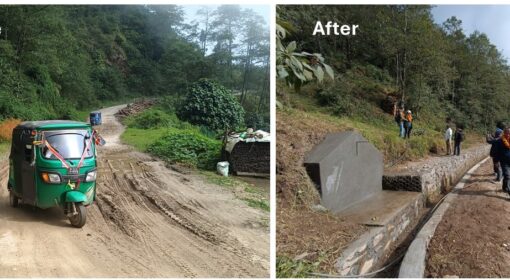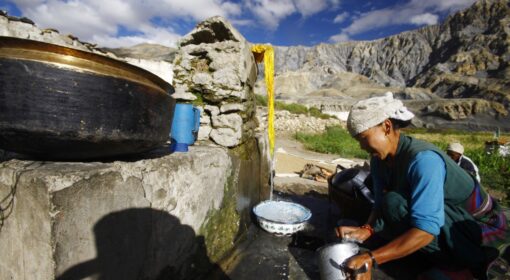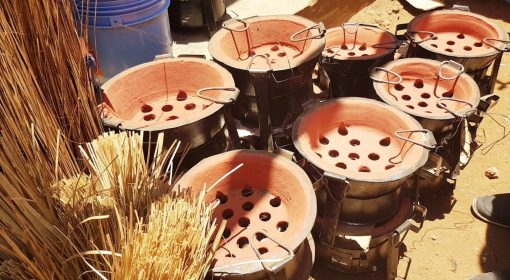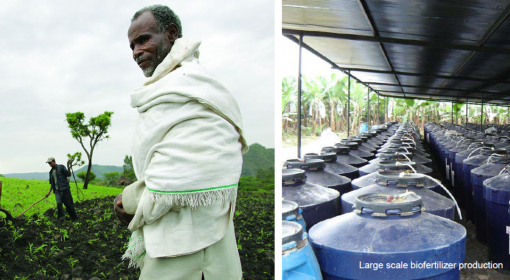by Abraham Abhishek with inputs from Hans van der Kwast
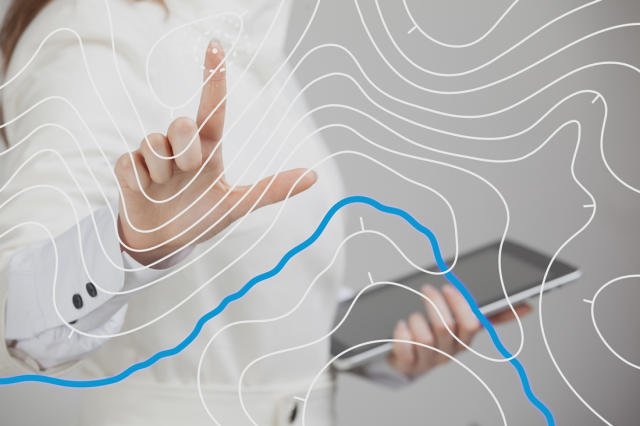
That ‘data is the new oil’ is no longer a prophecy, but a conclusion many draw about contemporary life. Many disagree with the specific comparison to oil or hydrocarbons, which have been the singular most important source of energy since the 1950s and continue to do so. However, one has to acknowledge how some of the most mundane, day-to-day activities are driven by data. Trying to find your way to somewhere in a car? You will reach out for a GPS. Planning a picnic? Depending on which part of the world you live in, you will probably try to check the weather forecast.
The dependence on data is built upon the fact that more data is now generated and made easily available than ever before, which in turn is in large part due to the increased possibility to collect data remotely, using satellites and aircrafts with sensors that read radiation reflected or emitted by different surfaces, objects and vegetation.
The business and science of water management is, of course, not left untouched by this development. Monitoring of rivers and lakes, planning of irrigation, securing of coasts… data collecting, modelling and forecasting is now baked into the best practices of all these areas.
Underneath all of this lies generation of extraordinary amounts of data. Who generates it? Who owns this data about natural resources that impact us all? Who has access to it (and who should)? How should it be managed in order to foster innovation and solutions?
Proponents of open data and open-source software have an opinion regarding this. (Open data is data that is accessible and reusable; open-source software is free to use and its source code is made available publicly.) “Most innovation takes place on the basis of data that someone else produced,” says Hans van der Kwast, Senior Lecturer in GIS and Spatial Data Management at IHE delft (The Netherlands).
Hans is an active member of an international movement that advocates for open data and promotes open-source software. According to him, there is a two-part rationale behind this. “Most data are collected by governments,” he claims. There is, thus, a moral imperative to make data funded by public money available to the public. Taking off from that argument is the other argument—when more people have access to data, more innovation is triggered, giving opportunities for researchers and entrepreneurs.
“People picture open data proponents as a bunch of hippies,” he says. “The reality is that we are all entrepreneurs and consultants who need to make money.” There is much value to add and profit from, he explains, by adding layers of customization and functionality upon open data and offering it to clients against payment. It is important though that that finished product is then made available as open source software.
A practical example cited here is that if OpenStreetMap, a dataset that is free to download and use. Value can be added by entrepreneurs by creating products ranging from car navigation systems to maps used in airplane seats to follow the flight path. Closer home, in the realm of agricultural water management, is the FAO Water Productivity Open-access portal (WaPOR), developed by the FAO and funded by the Dutch Ministry of Foreign Affairs using public money. The portal is set to provide a fillip to data-driven agricultural water management and precision irrigation in developing countries, through ‘service centres’ that have been set up with the mandate to offer water-use advice to clients (mostly agribusinesses and irrigation services) as a commercially-viable service.
To listen to Hans do a deep-dive into this topic and elaborate on these ideas, listen to the podcast ‘Managing Water with Data: Satellites, Remote Sensing, and the value chain of Open Data.’ The podcast is embedded in the player below. You can also listen to it on the following platforms:
